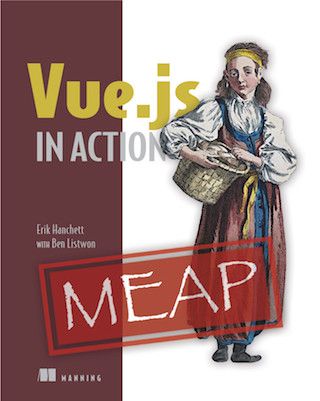Minimalism: It Takes Effort Too
The real problem with most sites / apps that are minimal is not the aesthetic, its the usability.
Last Wednesday, Mike Rundle tweeted about Smartisan’s T2, an Android phone that features a completely custom UI:
Wow, Smartisan OS is a custom Android implementation with truly beautiful icons and UI work. https://t.co/Zk8Bh9gd2T pic.twitter.com/FUiqXFYYbX
— Mike Rundle (@flyosity) May 18, 2016
It looks awesome—the phone, the OS, everything. Anyway, a short time later in Slack, someone shared the same tweet and asked:
I admit that maybe I don’t get design, because I’m not a designer by trade … but is iOS 6-style design really “better” as many designers imply, or is it just a retro factor/change is hard/other things I may not understand?
This sparked a fair amount of discussion, a good part of which was devoted to the amount effort and skill involved in crafting a rich, skeuomorphic interface versus the dominant current trend that favors minimalism.
Minimalism […] seems easier, but it’s actually harder because you need to think in a more abstract way in order to represent hierarchies and relations.
Flat design pisses off [designers] because anybody can do it, but they never bring up the point that only great designers can pull it off well.
Here follows my contribution to that discussion with a few minor edits and additions:
[…] the general consensus about minimalism being a design copout is sort of misplaced. There are well designed, very minimal products out there that are phenomenal to use.
The real problem with most sites / apps that are minimal is not the aesthetic, its the usability. When you cut design elements, you better make damn sure that what’s left allows your users to do what they want, when they want.
No hunting for actions or tools, no buried functionality, no complete lack of understanding of the task at hand.
That’s what makes most minimal designs total garbage.
When I was in school for architecture this reality became painfully obvious. In three dimensions, and when people actually need to get shit done, you can’t justify your minimal aesthetic if it fails its users.
Think of an ER surgical team; if the O2 supply line is hidden behind an unlabeled pure white wall panel that looks the same as the other fifty unlabeled pure white wall panels, your design has potentially just killed someone.
If you think that’s hyperbole, consider the tragic and deadly consequence of insistence on aesthetic in architecture, or the lack thereof in software design.
There’s a time and a place for clever subtle clues, but to be good at it, you have to know when to use them and when to just put stuff right out in the open. That’s what Dieter Rams was actually good at, realizing what the task is, and building an object that facilitates that activity, with no distraction.
I guess what I’m getting at is not a defense of all the crap out there, or even of minimalism. Rather that, regardless of aesthetic choice, good designers will always put in the effort, late nights and hard work into making an effective product. That effort is what makes a successful minimalist product no less valuable than the magnificent detail of a more skeuomorphic experience.
Strong designers will always focus on, and continually hone their process. They’ll place value in ideas like:
- first and foremost we serve our users, and crucially, those that depend on our users
- usability will always supersede aesthetic (whether a project manages patient health or someone’s grocery list)
- good design process—user research, prototyping, testing and feedback, etc—is relevant to all projects and all design disciplines
Strong process, along with strong design principles—balance, form, function, usability—are all criteria that any style of design needs to hold in high regard. There will always be trash in any aesthetic, just as there will always be truly fantastic work.
Fredrik Matheson summed it up far more succinctly on Saturday:
"Let's make it simple"
— Fredrik Matheson (@movito) May 21, 2016
Means
"We'll shoulder the burden of the complexity inherent in this task"
That's why
Simpler means LOTS of work.


Twitter
Google+
Facebook
Reddit
LinkedIn
StumbleUpon
Email